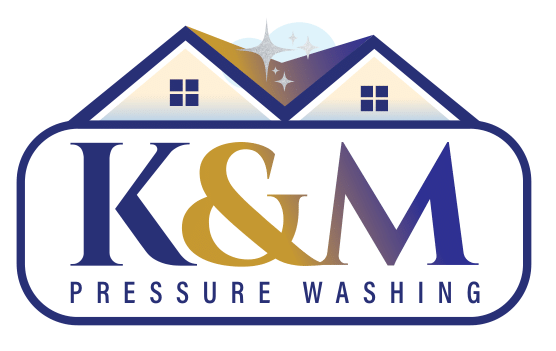 Pressure washing is a popular and effective method for cleaning various surfaces, including driveways, sidewalks, buildings, and vehicles. Moreover, its ability to remove dirt, grime, mold, and mildew quickly makes it a preferred choice for homeowners and businesses alike. However, while pressure washing can enhance the appearance of your property, it is essential to consider its environmental impact. Additionally, understanding the potential consequences and adopting eco-friendly practices can help mitigate these effects.
Pressure washing is a popular and effective method for cleaning various surfaces, including driveways, sidewalks, buildings, and vehicles. Moreover, its ability to remove dirt, grime, mold, and mildew quickly makes it a preferred choice for homeowners and businesses alike. However, while pressure washing can enhance the appearance of your property, it is essential to consider its environmental impact. Additionally, understanding the potential consequences and adopting eco-friendly practices can help mitigate these effects.
Water Usage and Waste
One of the most significant environmental concerns associated with pressure washing is the substantial amount of water it uses. High-pressure washers can consume up to 4 gallons of water per minute, which can add up quickly during an extensive cleaning session. Furthermore, this large volume of water often goes to waste, especially if it runs off into storm drains or non-permeable surfaces.


 Do you need to give your business or home a fresh, clean look?
Do you need to give your business or home a fresh, clean look? 
 Wooden
Wooden  Hey there, homeowner! Let’s talk about something we all deal with: dirty walls. Over time, our walls can start to look tired and grimy, with stains and dirt taking away from their beauty. But fear not! There’s a powerful solution that can breathe new life into your walls without stripping away the paint:
Hey there, homeowner! Let’s talk about something we all deal with: dirty walls. Over time, our walls can start to look tired and grimy, with stains and dirt taking away from their beauty. But fear not! There’s a powerful solution that can breathe new life into your walls without stripping away the paint:  Welcome to our guide on using
Welcome to our guide on using  In the realm of real estate, your home is more than just a structure; it’s a valuable investment that deserves meticulous care and attention. While many homeowners focus on interior upgrades and renovations, the exterior of your property plays a significant role in maintaining its value and curb appeal. Enter
In the realm of real estate, your home is more than just a structure; it’s a valuable investment that deserves meticulous care and attention. While many homeowners focus on interior upgrades and renovations, the exterior of your property plays a significant role in maintaining its value and curb appeal. Enter  So, have you ever marveled at how
So, have you ever marveled at how  Welcome to our comprehensive guide on safeguarding your home from heat damage through the power of
Welcome to our comprehensive guide on safeguarding your home from heat damage through the power of